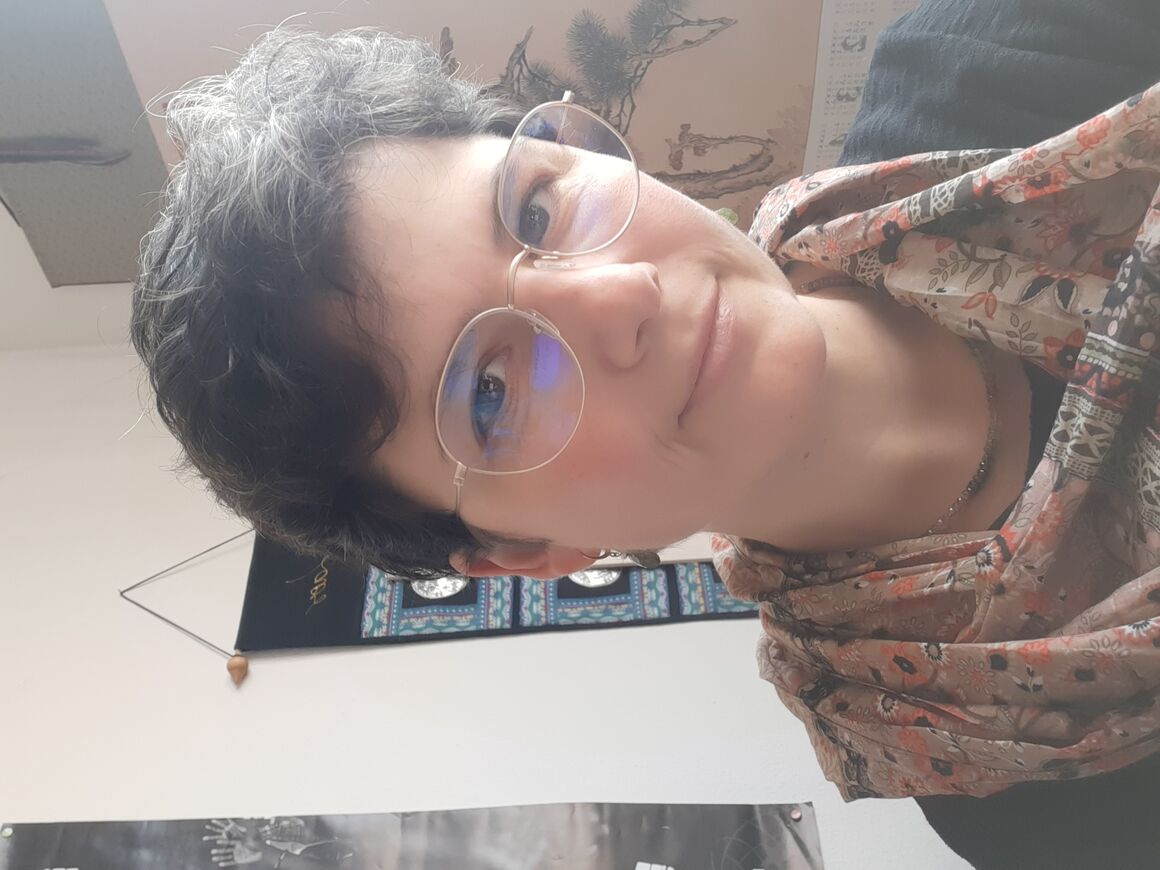Responding to West Nile Virus infections: Interview with Dr Flavia Riccardo
We talked to Dr Flavia Riccardo after ECDC’s three-day workshop on how to strengthen preparedness and response to West Nile Virus (WNV) infections.

What is the epidemiological trend in Europe and its neighbouring countries for WNV infections over the past several years?
WNV infections are endemic to southern Europe and its neighbouring countries with several human cases occurring each year. In recent years, recurring outbreaks have caused steep increases in the number of observed infections, including severe cases and deaths. Italy experienced its worst WNV epidemic to date in 2022. In addition, the number of newly affected areas in Europe is increasing.
What are the contributing factors to this trend?
The intensity of WNV transmission is the result of the complex interaction between the environment, mosquito vectors and bird reservoir hosts. Studies suggest that climate change is expected to further strengthen this increasing trend in the coming years.
How can we learn from WNV outbreaks in the past, so as to optimise preparedness for upcoming seasons?
The only thing we can do is work together as a team across sectors and implement the One-Health approach. This includes: targeted vector control, monitoring of insecticide resistance, integrated human-animal-entomological surveillance, risk communication on the disease and its prevention, laboratory diagnostic capacity-building, safety measures for transfusions and transplants, and the conduction of after-action reviews and simulation exercises. These are all elements that can improve our preparedness.
However, many things are still not fully known about this complex disease and recurring outbreaks show us that the respective driver can be very different. The more we understand these drivers, the better we will be able to recognise and respond to future epidemics.
What is the added value of speaking about the challenges and successes of managing WNV with colleagues from multiple EU countries and beyond?
The West Nile Virus is a common threat to EU Member States and its neighbouring countries. However, the general perception of risks related to mosquito bites is still very low. Speaking about the challenges and successes of managing WNV has a tremendous added value. This way we can share our collective experiences on what has been done so far, what worked best, and what we need to study more, through partnerships in some cases. This is extremely precious and useful.
Background
The three- day workshop on West Nile Virus infections was organised by ECDC and Istituto Superiore di Sanità under the EU Initiative on Health Security (EU-IHS). International collaboration and networking with national and international public health authorities across EU/EEA neighbouring regions, and globally, strengthen preparedness and response activities and provides a unique opportunity to act effectively on potential cross-border health threats. Under the EU Initiative on Health Security (EU-IHS), ECDC supports capacity building in the EU`s Neighbourhood regions.
Flavia Riccardo is an MD, PhD and a specialist in infectious diseases. She is a senior researcher in the Department of Infectious Diseases at the Italian National Institute of Health in Rome (Istituto Superiore di Sanità - ISS). Among her interests are epidemic and pandemic preparedness, One Health surveillance and outbreak/pandemic response, epidemic intelligence, risk assessment and operational research. She is the Italian National Focal Point at ECDC for Emerging and Vector-borne Diseases, and works in the national epidemiological surveillance of arboviral diseases (human sector) in Italy. She is also engaged in national operational preparedness initiatives against emerging infectious diseases, including, but not limited to, after-action reviews and simulation exercises.



